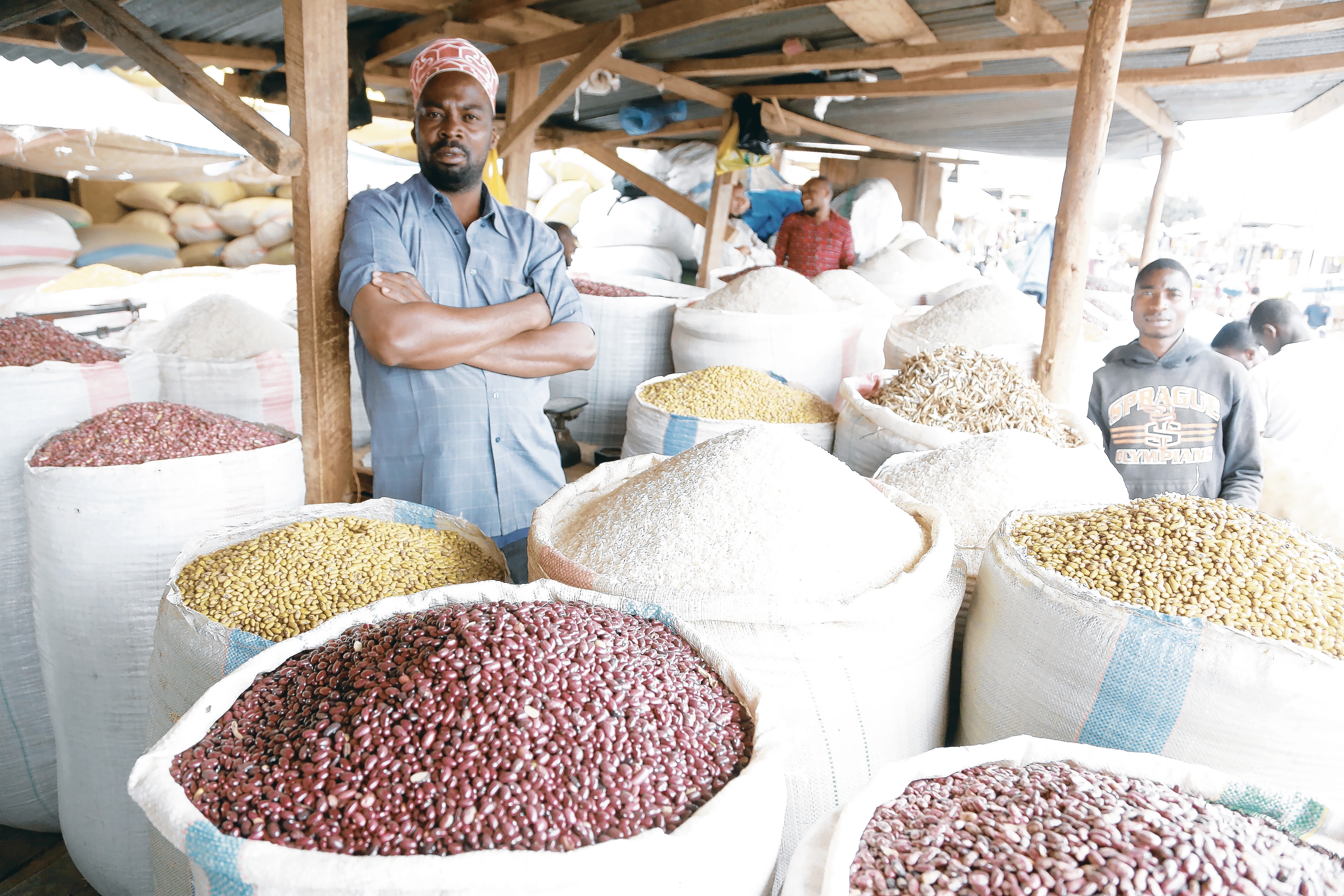KFC ready to eat local potatoes that meet standards

KFC outlet in Nairobi
What you need to know:
KFC said on Monday that it does not source potatoes locally on global quality standards, adding that it cannot bypass the approval procedures to allow local farmers to supply to fill in the gap
Nairobi. Two days after American fast-food chain KFC said they had run out of potatoes for chips, the outlet now says Kenyan farmers can supply it with potatoes for French fries as long as they meet their standards even as pressure mounts on the firm to onboard local suppliers.
The firm’s chief executive for East Africa Jacques Theunissen said on Tuesday that farmers in Kenya can supply its outlets with potatoes for chips but they must meet KFC’s global quality and safety specifications.
KFC, which operates through franchisee Kuku Foods East Africa, did not, however, specify the global quality and safety standards a potential supplier in Kenya must meet.
“Although we currently import our French fries, there is an opportunity to source the potatoes from a local supplier that meets the global KFC quality and safety specifications in the near future," said Mr Theunissen.
"Unfortunately, the quality and safety specifications for new supplies are proprietary to KFC."
The firm is currently facing a shortage of potatoes at its outlets in Kenya following delays in delivery from its overseas suppliers, forcing it to offer customers alternative food items in place of French fries.
Tuesday, the National Potato Council of Kenya CEO Wachira Kaguongo said KFC should consider creating synergies with local suppliers to allow them source the commodity from Kenyan farmers.
He said that KFC should introduce the varieties they want in Kenya so that farmers can buy them and grow for onward supply.
The firm, he said, can find the variety here that they can use and support farmers to meet the standards they want.
"We are happy that KFC has rescinded their earlier stand on local supply of potatoes into their Kenyan outlets. We have been lobbying to supply them with potatoes. We don’t mind meeting their standards," said Mr Kaguongo.
KFC said on Monday that it does not source potatoes locally on global quality standards, adding that it cannot bypass the approval procedures to allow local farmers to supply to fill in the gap.
This was set to deny local farmers whose product goes to waste during harvest the chance to reap from the lucrative tenders, especially during shortages like this.
It is also not clear why it has taken the company more than 10 years to vet local farmers or support value chain to meet its standards like the case with other multinationals.
This comes at a time potato has become the second most important food crop after maize, grown by 800,000 small-scale farmers and generating employment for an estimated 2.5 million people along the value chain. It is estimated to contribute more than Sh50 billion to the Kenyan economy.
The International Potato Center argues that improved potato production has the potential to significantly boost farm incomes. China is the world’s largest producer, harvesting more than 73 million tonnes of the commodity a year.
Kenya has seen increased interest from global fast-food outlets such as sandwich chain Subway and ice cream seller Cold Stone Creamery.
Rising disposable household incomes, fast economic growth and a young population are attracting global players to emerging markets, according to a study by McKinsey.
Nairobi hosts multiple multinational organisations, attracting the global restaurant operators.




